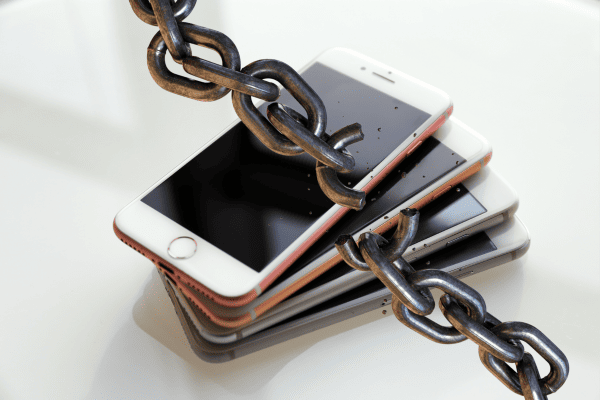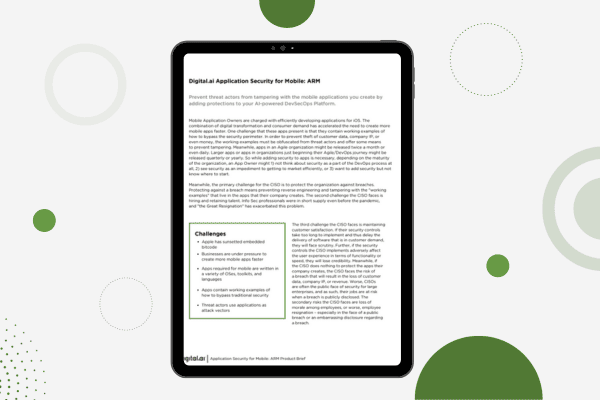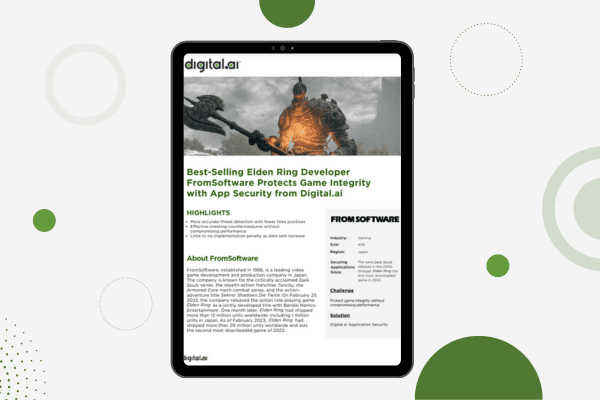Android & iOS App Signing
An app is signed with a certificate identifying a developer as the author of that app and verifying the app has not been modified since it was last signed.
Both Android and iOS require developers to “sign” their apps before they can be distributed and installed. An app is signed with a certificate identifying a developer as the author of that app and verifying the app has not been modified since it was last signed. Apps are self-signed with private certification keys.
All app developers are familiar with the requirement to sign on any new or modified app to validate authenticity within the Android and IOS app marketplaces. It can be a largely manual process that is slow and often introduces unplanned errors, especially for apps with multiple extensions, user profiles, entitlements and custom updates. The Digital.ai App Management solution has fully automated the iOS and Android app signing process so that mobile administrators are guided through the signing process to enable them to sign multiple apps from a single location — without the assistance of developers. Now, apps can be deployed in just minutes with a few clicks, and developers can focus on what they do best: creating world-class apps.
“Signing apps can add days to our workflow and delay projects — especially considering that iOS apps need to be re-signed annually at a minimum and we’re consistently pushing out updates to our catalogue of in-house apps,” said Ty Rollin, Chief Architect at Mobiquity, Inc. “Now every signing or re-signing can be managed automatically using Auto App Signing and can easily be handled by anyone, saving us a significant amount of time and headaches. Each department now has control to publish their own apps while maintaining the security of our brand’s certificate.”




